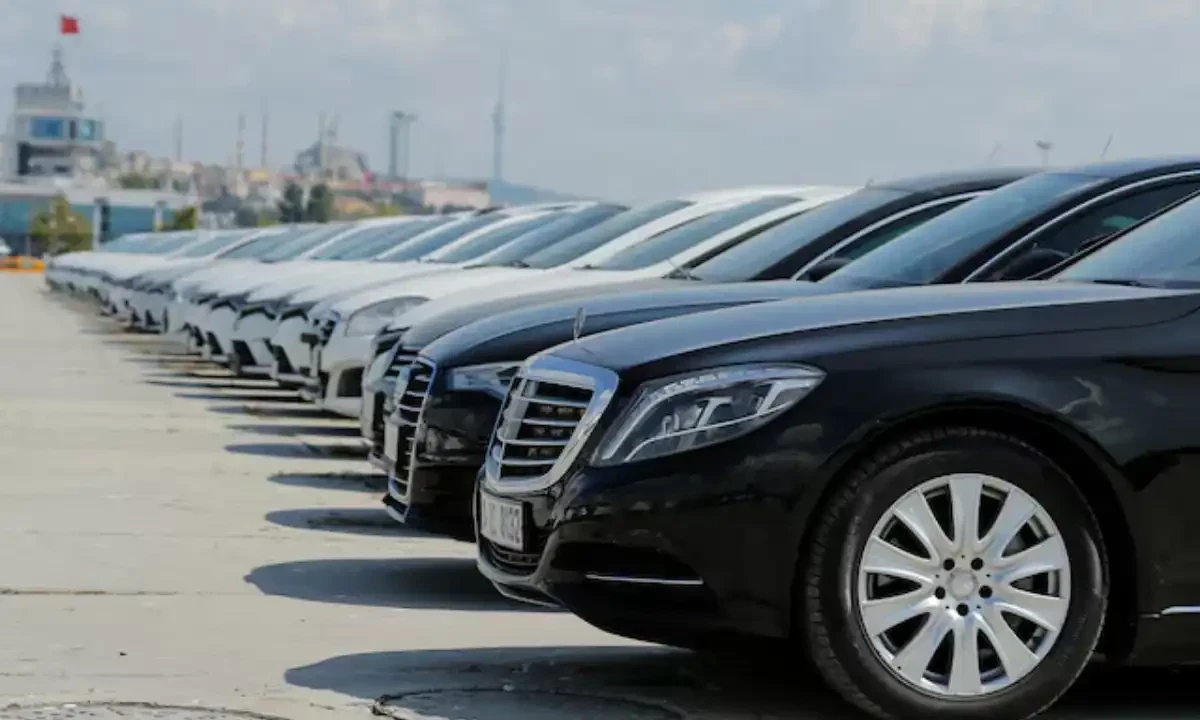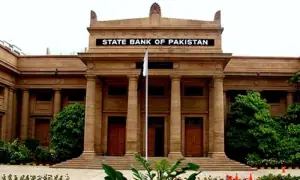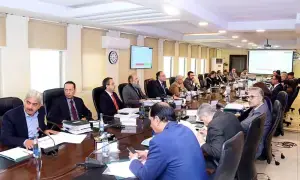Finance bill introduces fifteenth schedule, altering tax rules for major economic transactions
The introduction of a new Fifteenth Schedule to the Income Tax Ordinance under the Finance Bill has triggered changes to the taxation regime for several key economic activities, according to official sources.
One of the notable changes relates to the booking, purchase, or registration of vehicles under Section 114(1)(a).
The newly set threshold restricts such transactions to individuals whose vehicle value exceeds Rs7 million.
For locally manufactured vehicles, the invoice value will be used, while the import value, including all applicable taxes and duties, will apply to imported vehicles.
This means that individuals, including non-filers, can still purchase vehicles priced up to Rs7 million without requiring a tax eligibility certificate.
Experts believe this move could drive up demand for used cars while potentially slowing sales in the new car market.
In terms of real estate, new limitations under Section 114(1)(b) have been imposed.
For residential properties, the threshold is set at more than Rs50 million, while for commercial properties it is Rs 100 million.
The transaction value will be determined based on the fair market value as outlined in Section 2(22AA) of the Income Tax Ordinance.
For investments in securities, including debt instruments, mutual funds, and money market instruments under Section 114(1)(c), the threshold is now fixed at more than Rs50 million.
This limit will apply only to fresh investments in a financial year and will not include reinvestments or the use of proceeds from previously held securities.
Additionally, new restrictions under Section 114C(1)(d)(i) apply to the opening and maintenance of bank accounts, excluding savings accounts while Section 114C(1)(d)(ii) introduces a threshold for cash withdrawals of Rs100 million or more in aggregate from all bank accounts held by an individual.
Critics argued that these thresholds appear arbitrary and may fail to bring a broader base of ineligible individuals into the tax net.
Instead, the move may place unnecessary administrative burdens on high-income individuals who will now need to obtain tax eligibility certificates for specified transactions.
Moreover, the new provisions are being questioned for potentially conflicting with the self-assessment principles of the Income Tax Ordinance, and experts caution that they could be challenged in court.
The Finance Bill 2024 introduces a new Fifteenth Schedule to Pakistan’s Income Tax Ordinance, imposing transaction thresholds on vehicle purchases, property deals, investments, and bank activities.
It is designed to push non-filers into the tax net.
For the latest news, follow us on Twitter @Aaj_Urdu. We are also on Facebook, Instagram and YouTube.


























Comments are closed on this story.